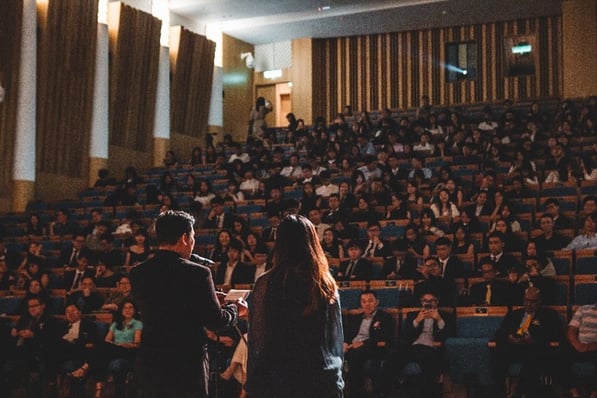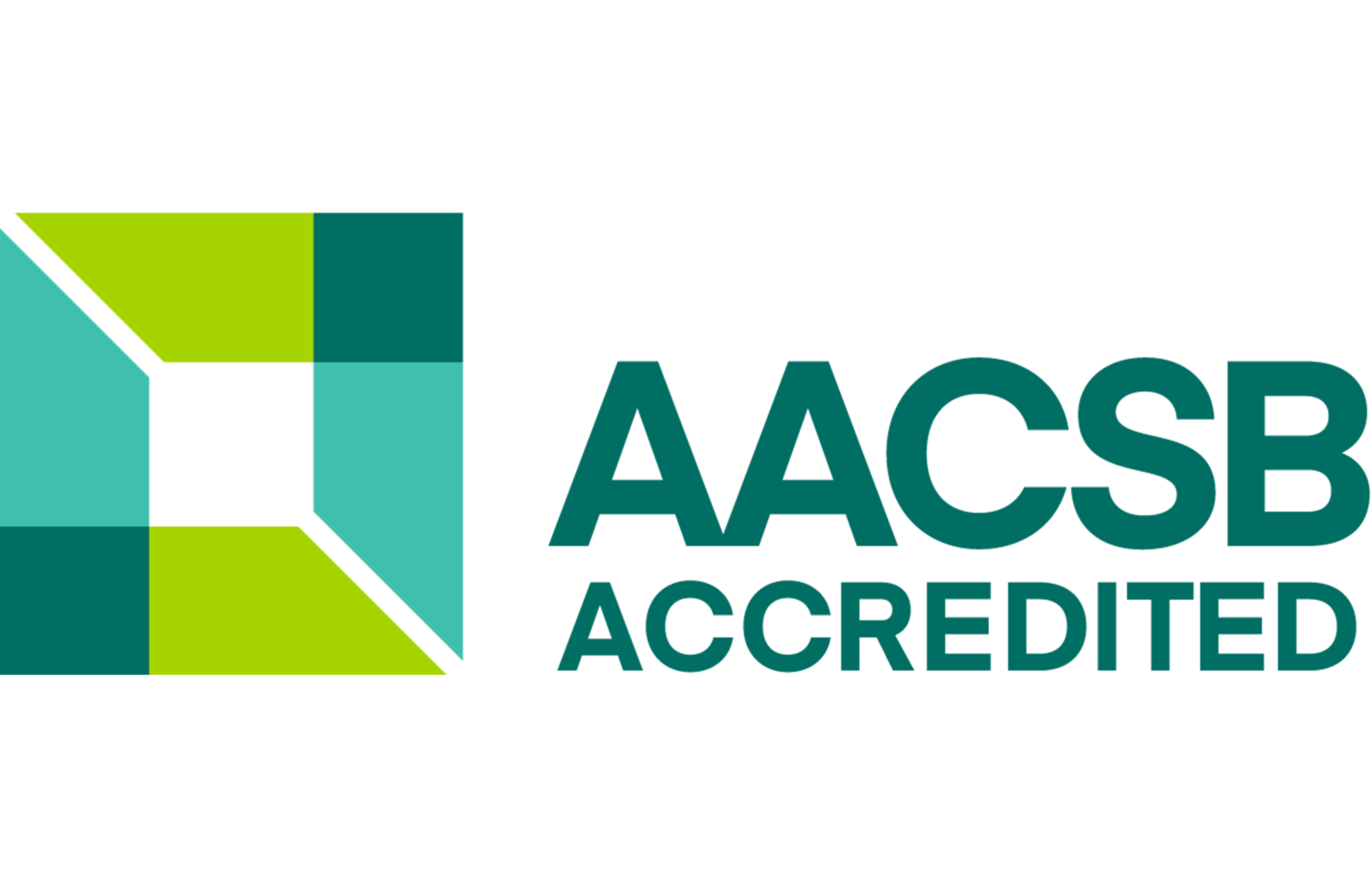
If you are on the lookout for an MBA program, you will naturally use different criteria to pick your top choices. Often, rankings become one of the important aspects that make universities stand out amongst each other. With rankings, you can quickly determine their reputation in a variety of areas. You can also compare them based on your individual needs and predict how satisfied you would be with their program.
However, will a #1 institution be the #1 experience for you? Is there truly a difference between attending a top school in Tokyo vs. a lesser-known one in Yokohama?
This guide will break down the key elements of university rankings for MBA programs in Japan, and how you can use these statistics to contribute to your decision instead of defining them.
How do rankings work?
To put it simply, universities are ranked according to different criteria, but usually:
- Research Citations: How often is someone from this university cited and published in academic literature?
- Acceptance rates: How many students apply every year, and how many are accepted? How many of them are international students?
- Faculty/Student ratio: How large are the classes? Is it easy to get individual attention at the university?
- Post-graduation success: How many of the students are employed after graduation? How high is their income? Do they work in any famous companies or organizations?
Why do people care about rankings?
In 2019, Professor Hiroshi Ono, the EMBA Program Director and professor at Hitotsubashi University ICS, gave a TED Talk about his sociological research on rankings at universities. Professor Hiroshi Ono mentioned that globally, there are indisputable rankings between universities that exist with common public knowledge.
He breaks down the idea of rankings in two different concepts: human capital and signaling:
- Human Capital: The idea that people invest in their education to make themselves more productive and valuable and would get rewarded for this after graduation. There is an excellent book called, “Human Capital: A Theoretical and Empirical Analysis, with Special Reference to Education” by Gary Becker, which is a classic study about how investment in one’s education and training is parallel to business investments in equipment.
- Signaling: Signaling starts with the idea that the labor market is an imperfect place without the ability to completely predict the productive quality of the candidate. For employers, educational credentials give them a signal that their candidate is ideally productive.
As more and more of the global population earn university degrees, the measurement of the ideal potential employee goes beyond simply attending an accredited institution. Rankings can distinguish you from other applicants under the assumption that attending a prestigious university reflects your eligibility for hiring and promotion.

Do rankings really matter?
Professor Hiroshi Ono displays a graph that shows the percent of evaluators who used different measurements for screening applications. The top measurement was school prestige. There was an ethnography done on Wall Street about how investment banks recruit candidates, and the results were quite surprising. While Japanese employers bluntly categorize students from prestigious universities in front of job applicants, Wall Street does this behind the scenes. They collect resumes and categorize them as “Harvard”, “Princeton”, and “other”. Socially, there are also benefits from attending brand-name universities, from the likelihood of marriage to networking. However, while there is a clear distinction with university rankings, it can add an overwhelming amount of pressure on students and dismiss their individual merit.
While university rankings are here to stay, it’s important to be pragmatic and realistic about applying them to your value as an MBA candidate. Professor Hiroshi Ono suggests the following:
- Take control of the process. Don’t let it control you. Ask yourself why you are investing your time and energy in attending a top university and why you even want an MBA in the first place. Any reason is valid.
- If you don’t get accepted, it is not the end of the world. It’s impossible for every single person to get accepted into the same university. The “other” category still exists, so you have more freedom in where you can attend with your grit.
- Think of higher education as a beginning instead of an end. Graduate schools in Japan can expose you to different paths that you can take to have a fulfilling life and career. You can have a better sense of purpose and switch industries as Professor Hiroshi Ono himself did, from mechanical engineering to sociology.
Basically, yes, university rankings do matter for job-hunting, especially with Japanese companies. However, your individual skill and development essentially matter the most.

Domestic vs. International Recognition and Accreditation
As Professor Hiroshi Ono mentioned, university rankings in Japan tend to be much more explicit compared to universities in other countries. Some employers in elite companies even sort resumes according to the name of the university you had graduated from, with top Japanese schools being individually categorized vs. “others”.
If you are looking into Japanese university rankings, it is especially important to focus on comparing the MBA programs themselves; A university that is #1 nationwide may be #5 among Japanese or non-Japanese MBA programs. Some institutions may claim to offer the #1 MBA in Japan, based on their own judgment, so it is important not to be misled by publicity.
Rankings among Japanese undergraduate schools can also be different from graduate schools, as there is less of an emphasis on grading compared to the prestige of a university. Part of this is because university seniors in Japan are expected to land a job offer during their third year, which is the year before they graduate university, and turn in their final thesis.
International recognition of Japanese universities is not as familiar to the average person compared to brand-name American and European universities. However, people working in business, especially those who work with Japanese companies and employees, could possibly be familiar with Japanese MBA programs.
When comparing different Japanese MBA programs, it is also important to confirm if they are internationally accredited. The Association to Advance Collegiate Schools of Business (AACSB) is a prestigious and internationally recognized accreditation organization. If a Japanese MBA program is accredited by them, you can guarantee that the business school has a pedigree of excellence and is acknowledged for its merit worldwide.
How should I consider rankings in my decision?
Overall, you should consider the characteristics of each MBA program based on your needs, such as the courses offered, student/faculty ratio, the financial aid available, the experiences of current students, and career advancement of alumni. Rather than simply observing university rankings and blindly applying to them, try to really get to know the facts and figures of each university individually to determine where you would be the most satisfied.









